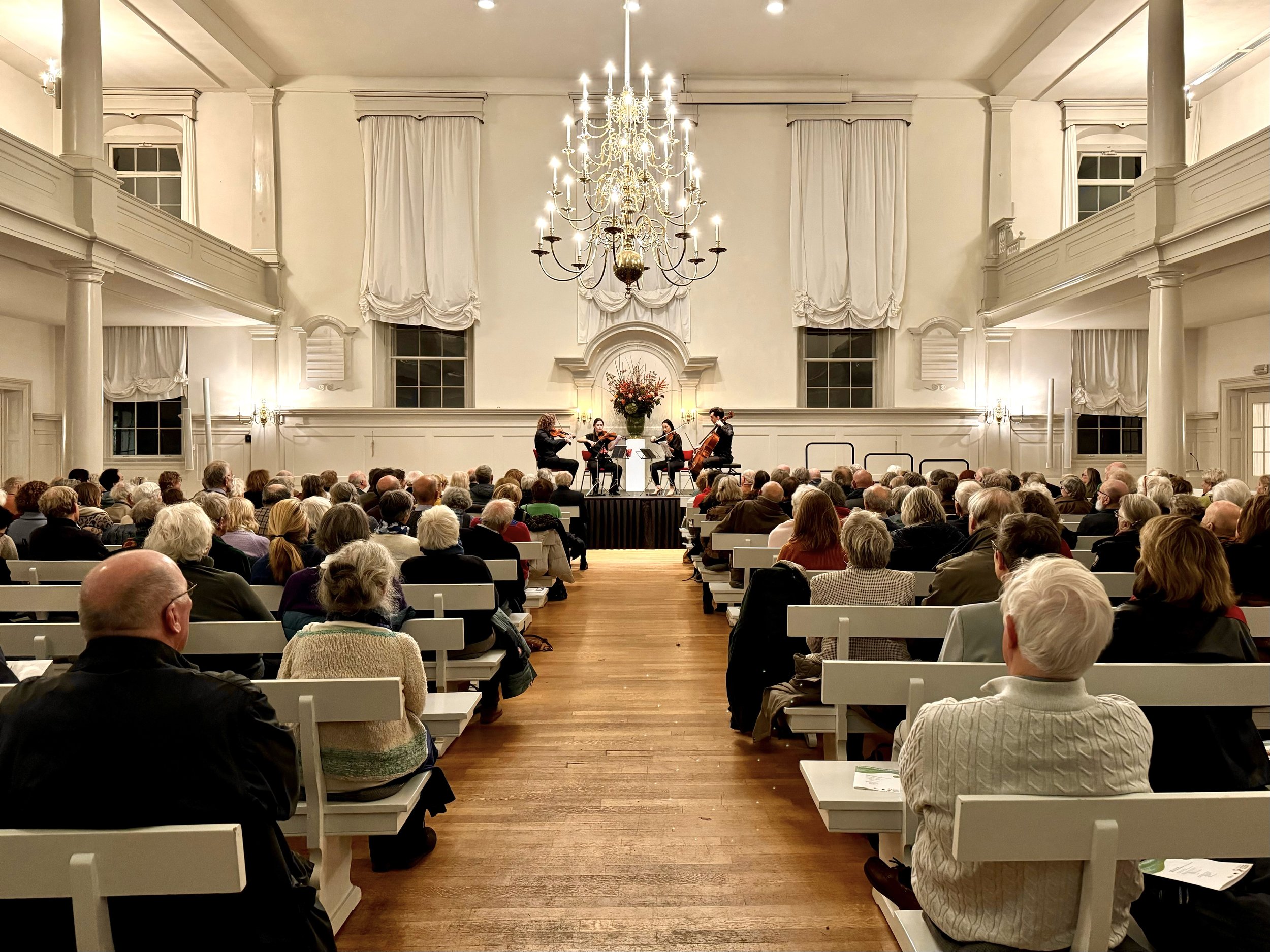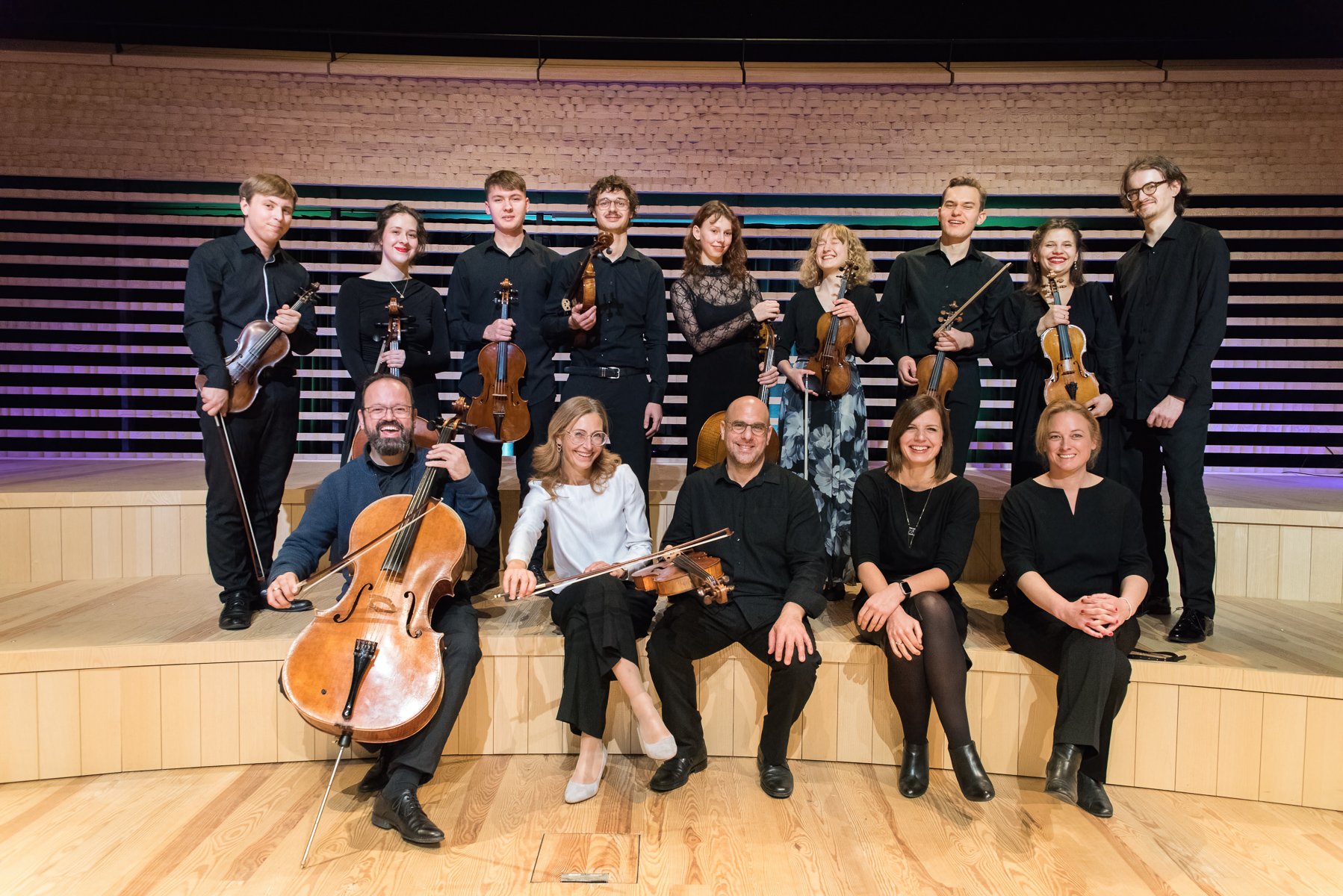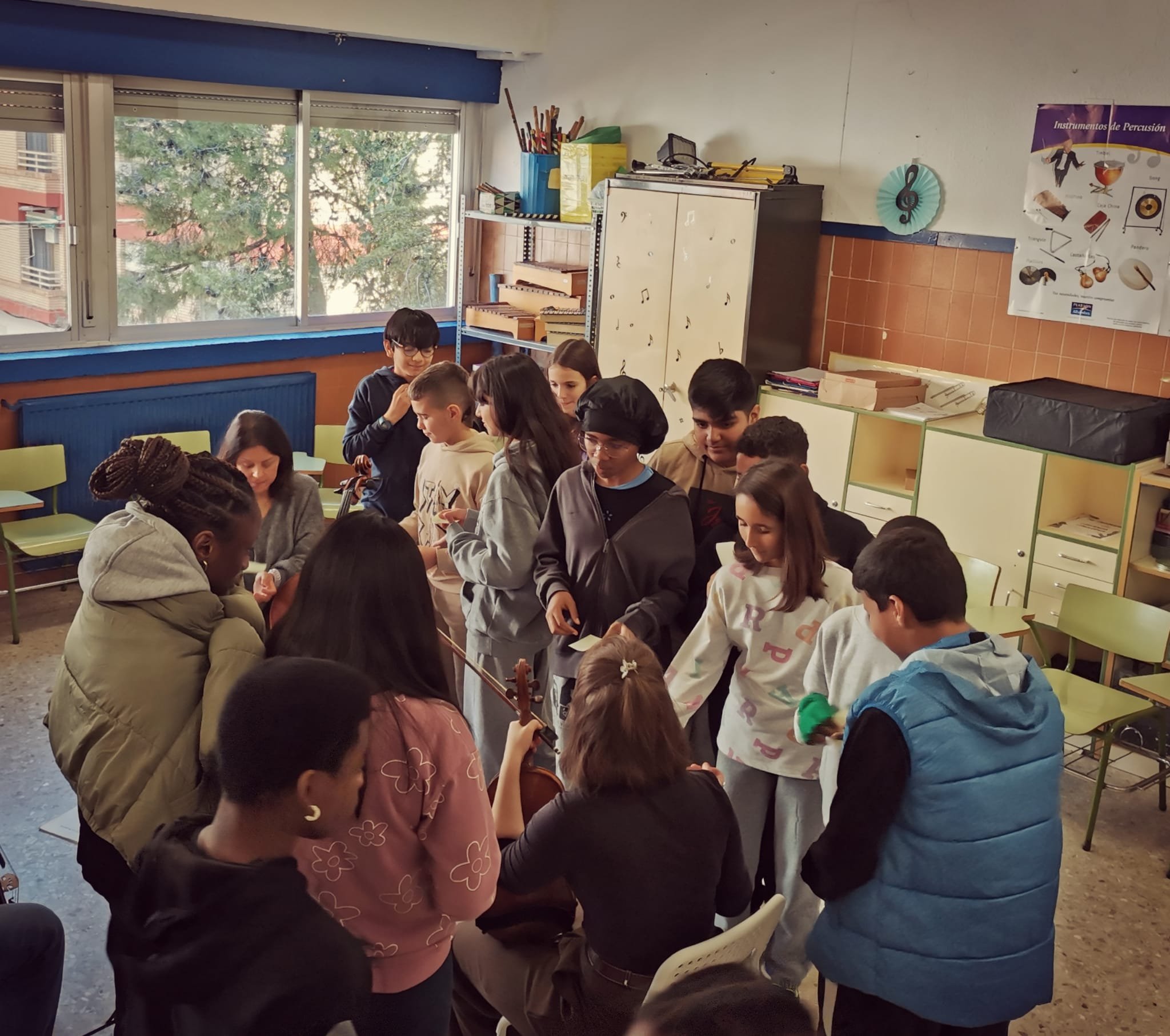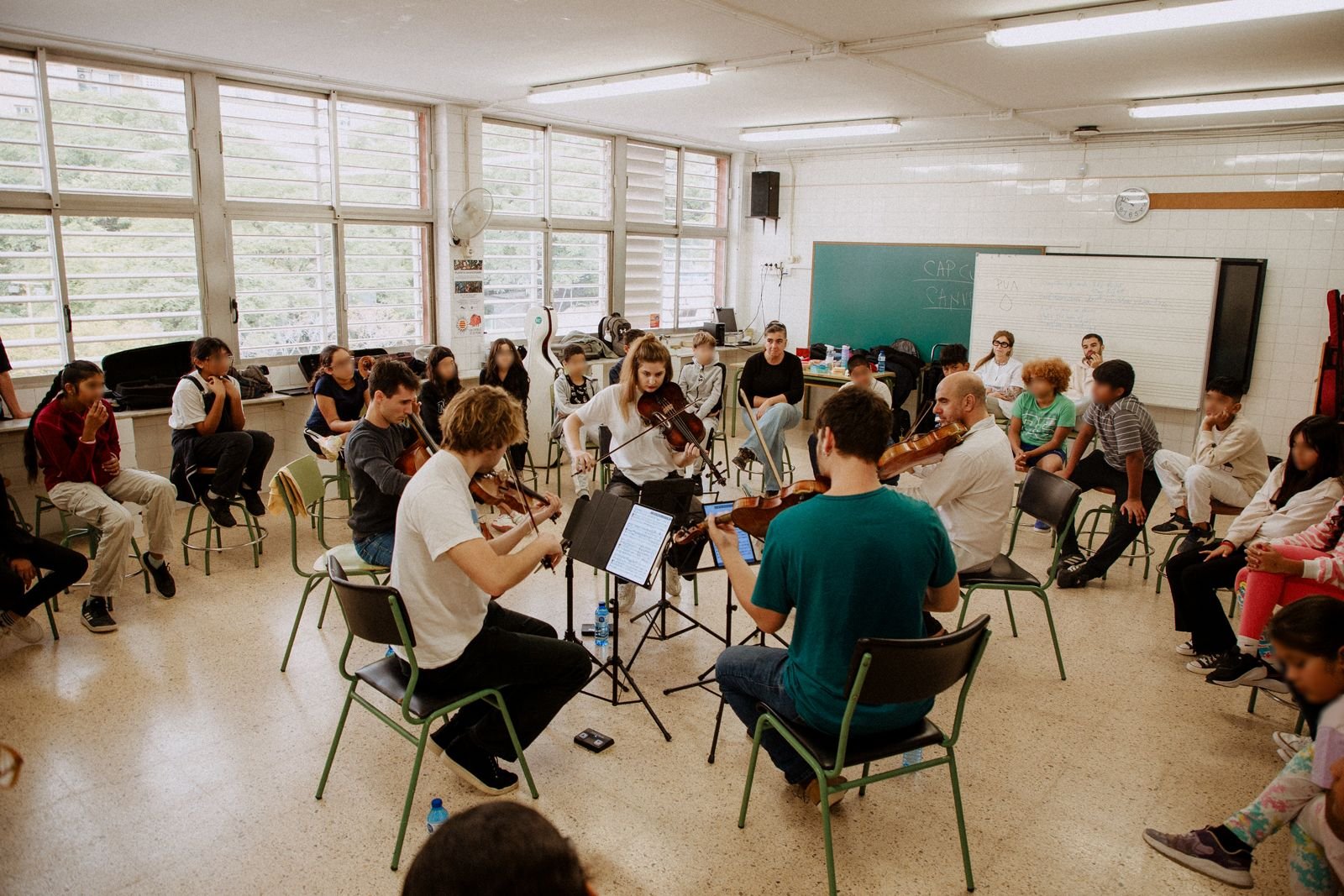1000+ Concerts
Innovating Higher Music Education
Through Social Inclusion
About the project
‘1000+ Concerts: Innovating Higher Music Education through Social Inclusion’ is an ambitious project seeking to contribute to greater social inclusion within the classical music sector by rethinking how musicians interact with marginalised communities, while innovating how classical music is taught.
On the initiative of Musethica, ten European institutions come together in this innovative four-year project, including Higher Music Education Institutions, orchestras, chamber music festivals, research institutes and Musethica organisations.
The 1000+ Concerts project is designed to reintroduce performance as a central component of higher music education, emphasising the value of performance skills and audience engagement. By implementing the Musethica programme, the project trains a new generation of musicians to understand themselves as an integral part of society and take responsibility for bringing live music to those least able to access it.
In addition to organising 77 Musethica Sessions and 8 Chamber Music Festivals, this large-scale venture also introduces new innovative formats. A wide variety of events and programmes are planned: from symposia on ‘Music and Mental Health’, to seminars on ‘The Art of Practising’, and career development programmes for young musicians. Extensive research activities are also part of 1000+ Concerts, investigating the programme’s impact on diverse target groups, including e.g. performers and audiences from the social institutions.
From October 2024 to September 2028, 1000+ Concerts teams up with over 120 social institutions across Europe to reach a large and diverse audience, including hospitals, prisons, refugee centres, and schools for individuals with disabilities. Through these partnerships, the project is conducting over 1.000 free concerts, reaching at least 40.000 marginalised audience members. The 1000+ Concerts project is co-funded by the European Union under the Creative Europe Culture Programme, an EU initiative aimed at fostering cultural diversity and international cooperation within the cultural sector.
Project Activities
About Musethica
Musethica is an education method enabling selected advanced young musicians and their tutors to improve their interpretative skills and to develop their inspiration, listening, and musical abilities.
Established in 2012 in Zaragoza, Spain by viola player Avri Levitan and social economics professor Carmen Marcuello, Musethica has since expanded its activities to 13 countries, including Germany, Spain, Sweden, Israel, Austria, China, Finland, France, Italy, Lithuania, Poland, the Netherlands and Norway.
The Musethica method is rooted in the belief that making music is an act of communication between musicians and audience that cannot take place in isolation. The basis of the method is giving the selected young musicians daily performance opportunities during an intense period of time, accompanied by an experienced tutor. Instead of a concert being the end result of an educational process, concerts become an integral part of this process.
Over 85% of the concerts are performed outside traditional concert halls, in front of audiences who are not usually exposed to classical music and who may be unable to access traditional concert venues. They take place in refugee centers, prisons, schools, kindergartens, hospitals, care homes, homeless shelters, special education institutes and many other places. Musethica has a strong and direct social impact, providing free concerts of the highest quality to excluded groups in society, turning community centers, school halls and hospital common rooms into concert venues that are treated by the musicians in the exact same way as they would approach a concert in the most prestigious hall with the most discerning audience.






